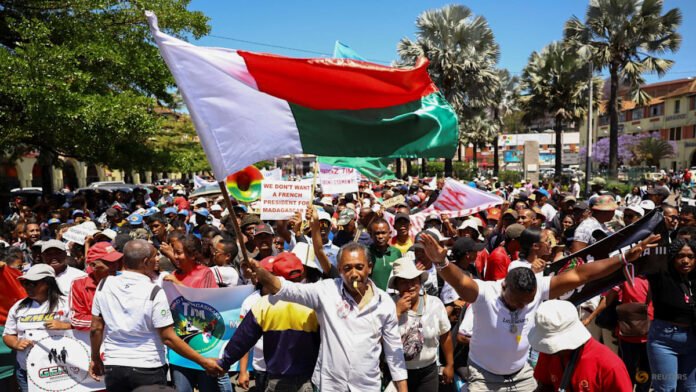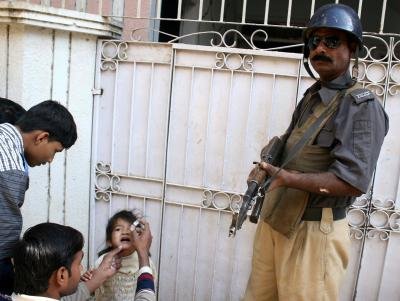Madagascar’s political climate stays tense as President Andry Rajoelina clings to office while large crowds rally outside the capital, Antananarivo, demanding democratic reforms.
Transport hubs on the island’s east coast have seen an influx of protesters who urge the government to step back and respect the promised elections. Police officers set up barriers at key checkpoints, and dozens of security trucks parked on the main boulevard. Meanwhile, Rajoelina’s supporters quietly merge into the city’s night market, showcasing their continued belief that the leader will steer Madagascar toward stability.
The presidential campaign that rapidly gained traction last year turned into a marathon of power‑broking. Rajoelina promised a shuffle of executives, economic revitalization and a fair electoral process. His supporters claim that his tenure brings peace after years of factional violence, citing the recent successful maritime trade agreements and an uptick in foreign investment.
Opposition figure Norbert Rakotofara, head of the Movement for Democratic Change, declared, “We’re fighting for the rights of every citizen. The nation can’t turn a blind eye to these protests.” In a live statement, Rakotofara urged the president to relinquish power and start legitimate elections.
Observers note that Madagascar has a track record of fragile governance. The 2018‑2023 period saw sharp social division which culminated in a “co‑government” arrangement that authorities claim have weak roots. Many local activists feel that the incumbent’s “invisible hand” has stunted the country’s democratic growth.
To attract foreign donors, the government announced proposals for a “rule‑of‑law” study, testifying to a strong desire to secure a “positive” perception. But critics say the plan is vague, leaving impatience among the population.
Governance experts predict political turbulence will broaden if the protests grow. They point to the fact that several public offices have started to decline in the number of staff who actively push opposition reforms, producing subtle signs that the president’s grip remains strong.
Extra‑text: In the last week, police arrested nine protest leaders, triggering a new wave of demonstrations in front of the presidential palace. The authorities claim that these arrests were the result of “illegal street activities.” Yet most protestors see them as a step toward a crackdown on free speech.
Madagascar remains on a strategic crossroads of the Indian Ocean, making its political shape important for regional investors. If the country’s authority gradually returns to a sound democratic process, it can secure the benefits of a welcoming business climate and stronger local democracy.
The coming days could reveal if the president will yield power, which many say will profoundly impact Madagascar’s economy and the stability of the entire region.
Stay informed on all the latest news, real-time breaking news updates, and follow all the important headlines in world News on Latest NewsX. Follow us on social media Facebook, Twitter(X), Gettr and subscribe our Youtube Channel.



